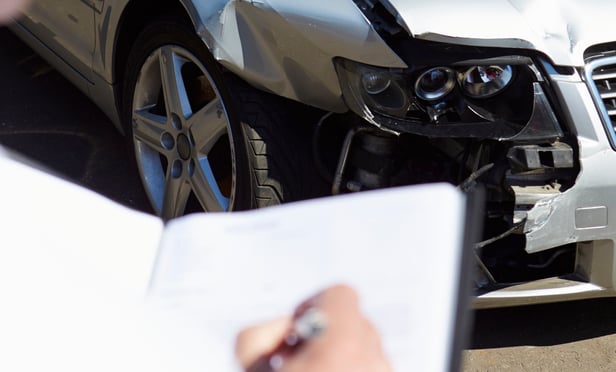An attorney representing the estate of an allegedly intoxicated man who was killed by a car as he crossed the street asked the Pennsylvania Supreme Court to bar courts from introducing blood alcohol information in civil cases without some corroborating evidence from a witness at the scene.
According to Anthony Comerota, who represented the estate of Thomas Coughlin before the justices Tuesday, courts have recognized that evidence of a party’s blood content is highly prejudicial, and precedent should have barred evidence of his client’s 0.313 blood alcohol content from entering into the civil trial against the driver, Ummu Massaquoi.
This content has been archived. It is available through our partners, LexisNexis® and Bloomberg Law.
To view this content, please continue to their sites.
Not a Lexis Subscriber?
Subscribe Now
Not a Bloomberg Law Subscriber?
Subscribe Now
LexisNexis® and Bloomberg Law are third party online distributors of the broad collection of current and archived versions of ALM's legal news publications. LexisNexis® and Bloomberg Law customers are able to access and use ALM's content, including content from the National Law Journal, The American Lawyer, Legaltech News, The New York Law Journal, and Corporate Counsel, as well as other sources of legal information.
For questions call 1-877-256-2472 or contact us at [email protected]



